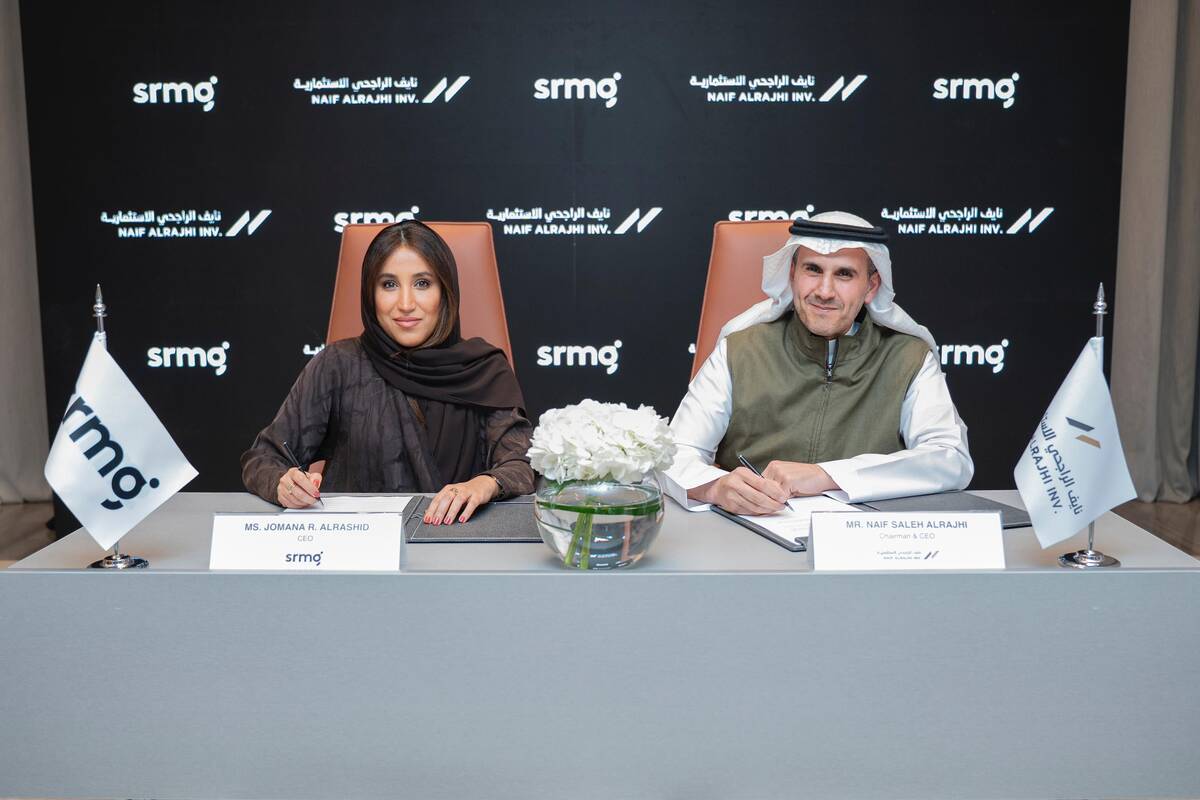ISTANBUL: Turkiye’s government on Monday called officials from Instagram to a meeting, four days after blocking the social media platform for unspecified reasons.
Instagram, which has been suspended in Turkiye since Friday, has been accused by the authorities both of censorship and of failing to remove posts the authorities deemed offensive.
The freeze has harmed business for telecoms operators and vendors who sell goods via the platform.
Private television channel NTV said representatives in Turkiye of the platform, which is owned by Facebook parent Meta, would meet Transport and Infrastructure Minister Abdulkadir Uraloglu at 1:00 p.m. (1000 GMT).
“We will meet them this afternoon. We hope they will do what’s necessary to respond to our demands. We’re hoping for positive developments,” Uraloglu said on X.
The minister said he had blocked access to Instagram because of “content-related offenses,” without giving details.
“Last week there was a meeting with representatives of the platform, in which we set out our views on respect for Turkish laws,” he continued.
For many Turkish businesses, Monday’s meeting cannot come soon enough.
An estimated 50-60 million of Turkiye’s 85 million inhabitants subscribe to Instagram, which serves as a platform for a wide range of commercial activities.
This is not the first time that Turkish authorities have temporarily blocked access to social media sites, including Facebook, X and Wikipedia.
Erdogan’s government is regularly accused of muzzling freedom of expression.
Turkiye summons Instagram officials over platform freeze
https://arab.news/93jez
Turkiye summons Instagram officials over platform freeze

- This is not the first time that Turkish authorities have temporarily blocked access to social media sites, including Facebook, X and Wikipedia


























